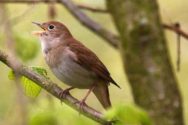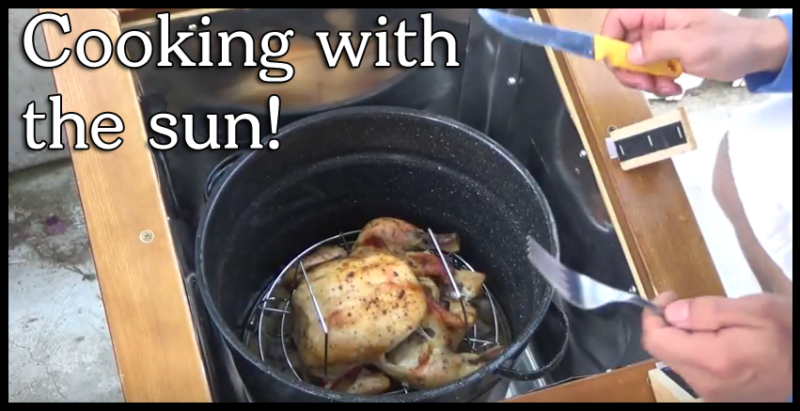
Strictly for the Birds (book review)
Birds are the constant companions to an off-grid life. Alone, in pairs, or most mesmerizingly in flocks, birds are a distraction for the eye, they are food, and they are a soundtrack for humans in the wild.
But it in the UK,people who go out in search of birds are called Twitchers, and they form a network – tipping each other off whenever there is a rare sighting. Recently on the Sussex Coast, a boatload of illegals from Iran landed silently in the early morning on a little known beach. Their plan would have worked brilliantly on any other morning, but unfortunately for them word of a Golden Eagle had gotten around, and as they strolled onto the beach, there facing them was a 40 yard line of camo-clad birdwatchers, monoculars and cameras at the ready – its hard to know which side was more disappointed.
A new collection of poems and aphorisms about the avian world, Buy it on Amazon – As Kingfishers Catch Fire, captivates through the diversity and the sheer love that some of us humans have for our feathered friends. “This book came to me in a cabin in the woods…near Athens, Georgia,” says author Alex Preston, as he introduces a chapter on the Nightingale.
The Robin redbreast is at once the humblest and most loved of common songbirds. Preston says English Essayist William Hazlitt valued the Robin more than a friend or a lover: “Give me the robin redbreast pecking the crumbs at the door, or warbling on the leafless spray, the same glancing form that has followed me wherever I have been….”
But this is no literary history. Preston gives us an intensely personal account of his reaction to the appearance of birds in literature. We learn that a Robin was living in a shed when he bought his bleak new house in South Eastern England. His son nicknamed the bird Mr Bulldozer.
The Dove is introduced via the diagnosis of Preston’s father with cancer. A pair of doves bookend his memory of caring for the old man: “We spoke about the doves, about poetry, to avoid speaking of other things, or rather as a way of speaking about them….”
The relation between doves and death is continued in TS Eliot’s in the Four Quartets:
“After the dark dove with the flickering tongue
Has passed below the horizon of his homing
While the dead leaves still rattled on like tin
Over the ashphalt where no other sound was….
Other chapters take in the Gull, the Nightjar, Kestrel, Peacock , Crow and many more. The Nightingale is saved for the final chapter. It’s a bird that to this writer signifies walking home through City squares after a late party. For Preston it’s a song heard from the bedroom that inspired him to what Wallace Stevens called “the yellow moon of words about the …


